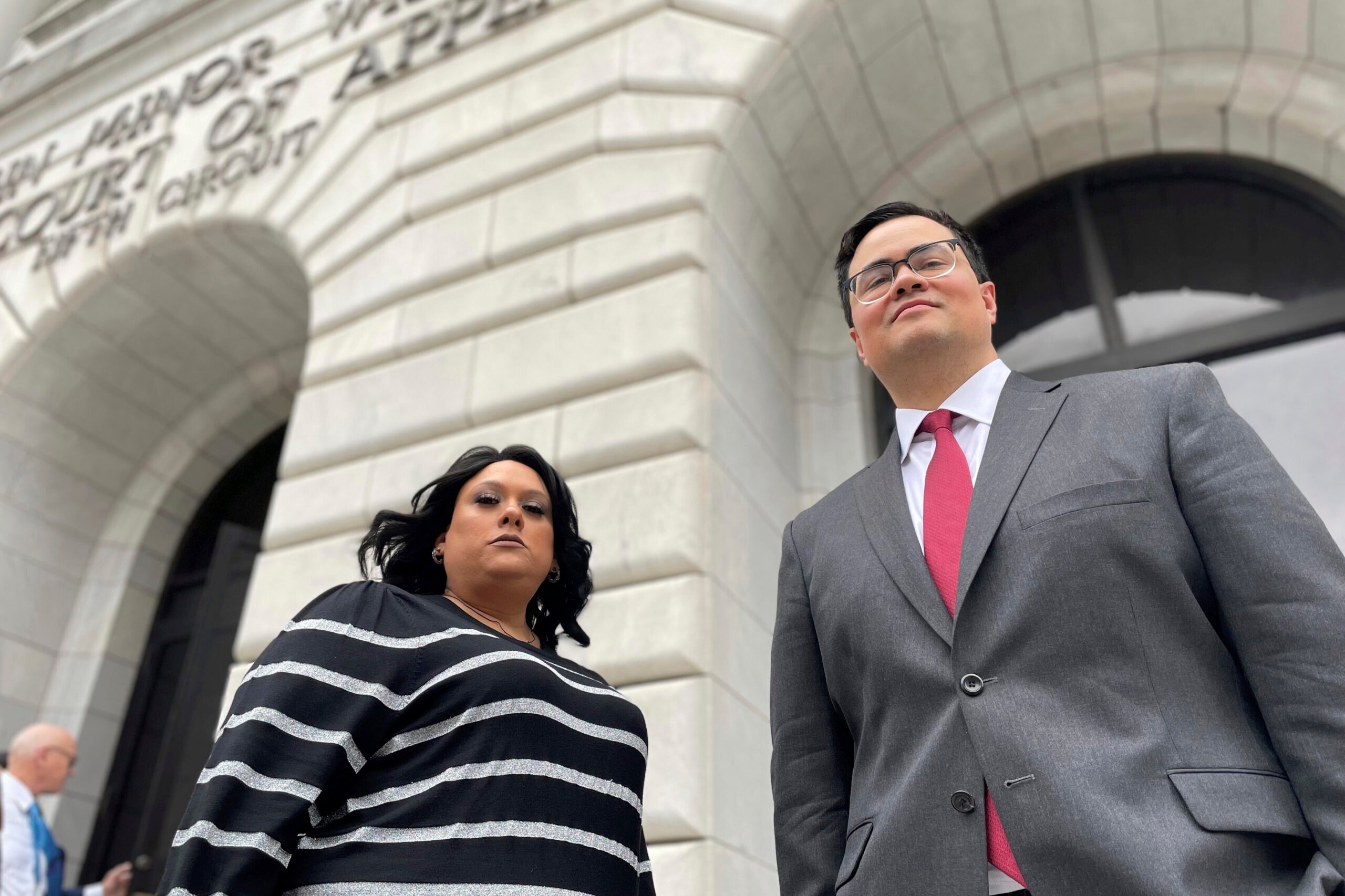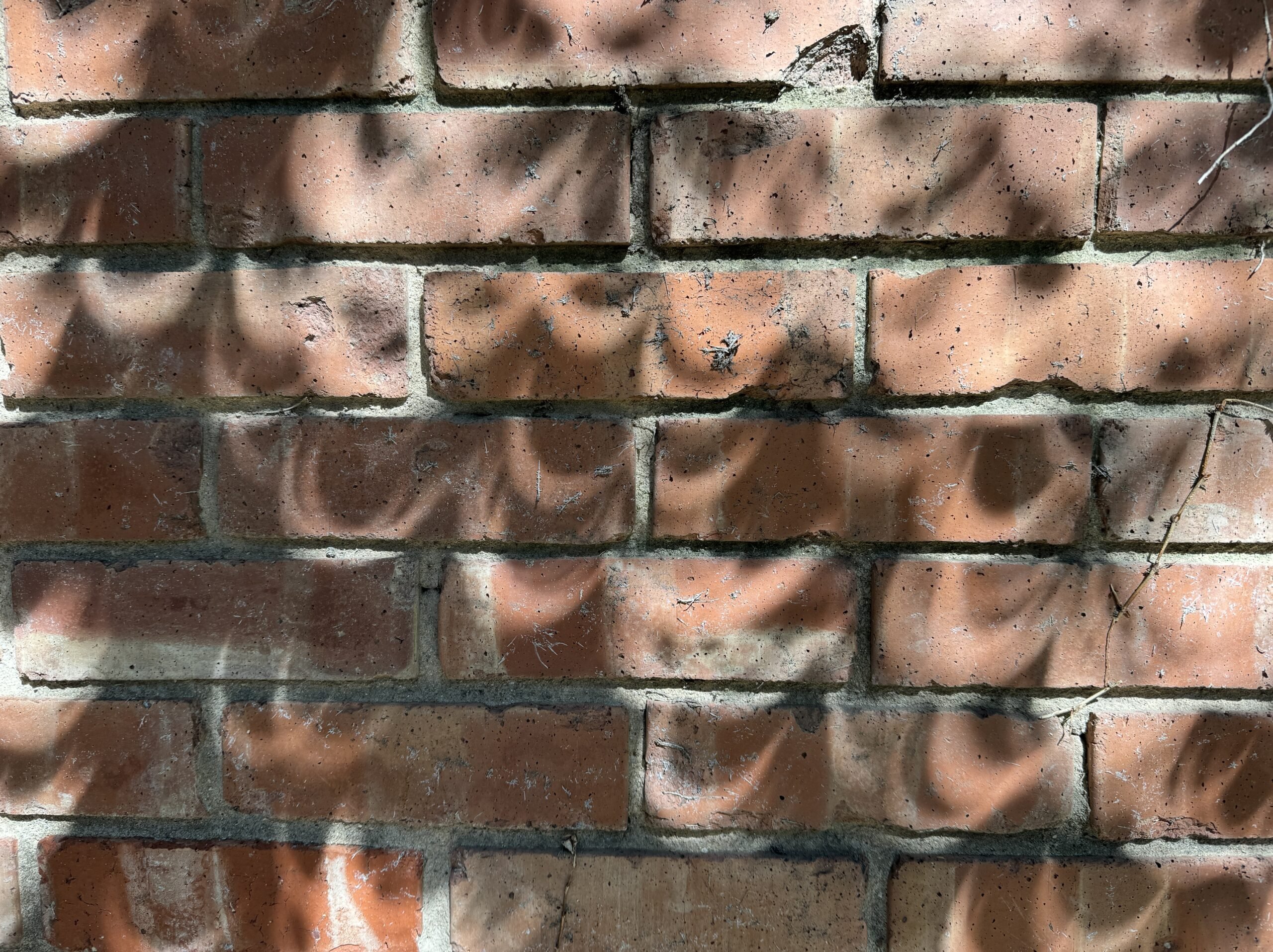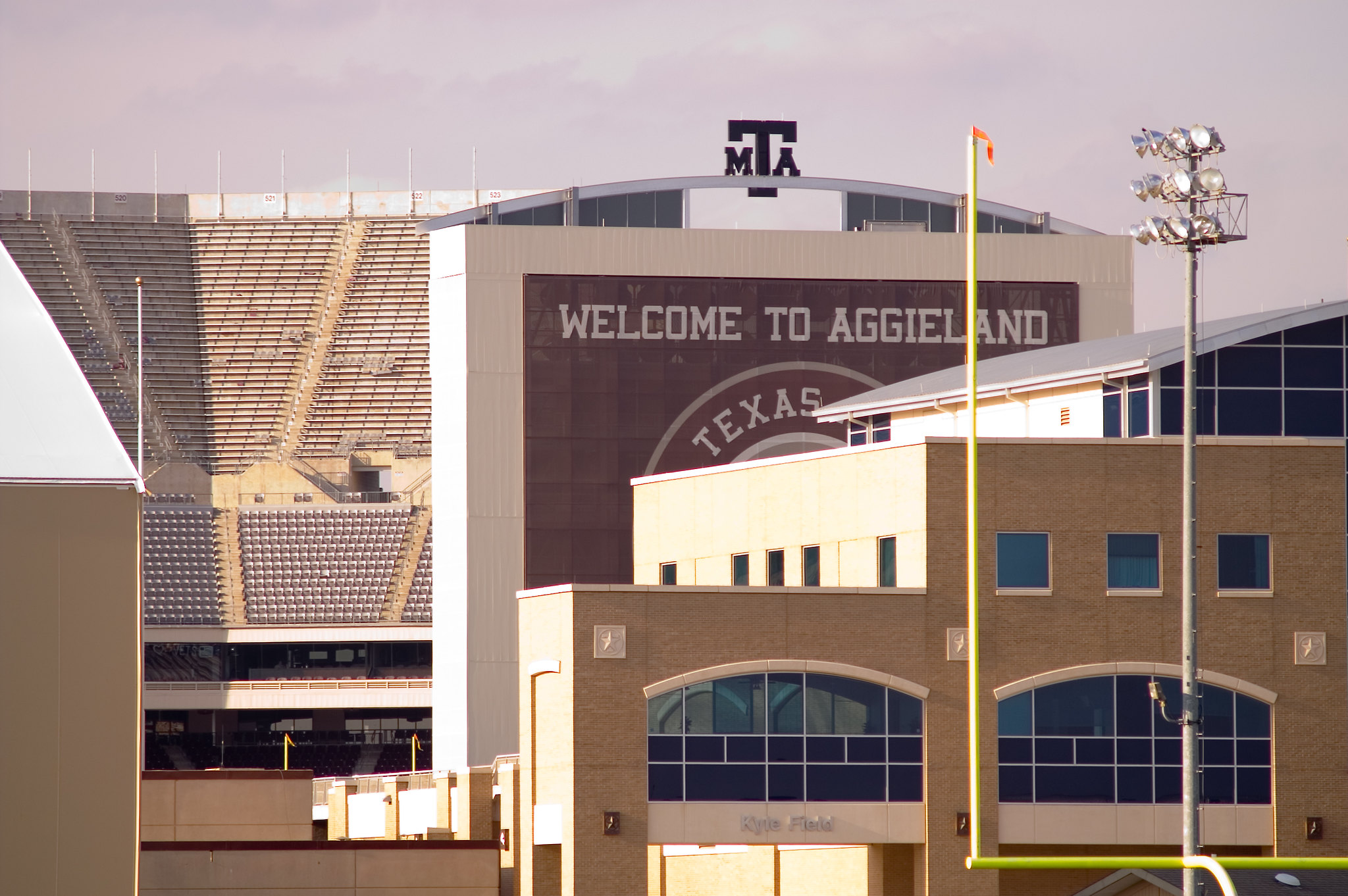
Q&A with Kate Galbraith on Wind, Water and Leaving Texas

This is Part Eleven in an occasional series of Q&As with Texans involved in issues of the environment and energy. (Read Part One with Bee Moorhead here, Part Two with Andy Sansom here, Part Three with Katherine Hayhoe here, Part Four with Patrick Kennedy here, Part Five with Michael Banks here, Part Six with Gabriel Eckstein here, Part Seven with John Nielsen-Gammon here, Part Eight with Tad Patzek here, Part Nine with Charles Porter here and Part 10 with Carlos Perez de Alejo here.)
In Part Eleven, I talk with Kate Galbraith, who covered energy and environment for the Texas Tribune from 2010 to till just a few weeks ago when she left for the (literally) greener pastures of California.
Previously she reported on clean energy for The New York Times from 2008 to 2009, serving as the lead writer for the Times‘ Green blog. She began her career at The Economist in 2000 and spent 2005 to 2007 in Austin as the magazine’s Southwest correspondent.
Evan Smith of the Tribune described Kate this way in a farewell post: “So smart, so fair, so thorough, so dryly witty, so mature and measured in her outlook on the world and her approach to journalism, Kate has been highly respected member of the Capitol press corps, a valued colleague and a great friend.”
She is co-author of brand-new The Great Texas Wind Rush, a book about how the oil and gas state won the race to wind power.
**
Texas Observer: What do you rate as the most pressing environmental issues in Texas?
Kate Galbraith: The most obvious one is water. I don’t think people really appreciate how severe this drought is. The vast majority of the state just hasn’t gotten the rain it needs, for three years running. In Austin, for example, that means that the two big reservoirs, Lakes Travis and Buchanan, are closing in on record lows. They’ve got about 700,000 acre-feet of water in them now. And they’ve been ticking down 1,000 to 2,000 acre-feet per day over the summer, when evaporation is intense. So people can do the math on how long that supply can last if it doesn’t rain.
And it’s not just the reservoirs and city water-use. It’s the rivers, and the plants and animals and ecosystems that are hurt by the low flows. That’s why we launched a series on rivers in the Texas Tribune — to bring more attention to the ecological issues associated with the ongoing drought. Add in climate change and continued population growth, and the problems are likely to intensify.
As for other environmental concerns, you’ve got a variety associated with the industrial activity in Texas. Refineries, chemical plants, power plants, oil and gas drilling, mining operations — we’ve got it all. Plus nonstop land development. All of this creates serious issues ranging from air and pollution to waste disposal to continuing fragmentation of the land. There are stories on environmental concerns in probably every town, and I don’t think they get nearly as much attention as they deserve.
TO: To follow-up on the problem of the drought and water scarcity. I think it’s widely recognized among the business, political and media cognoscenti that dwindling water supplies could severely impact the Texas economy if something isn’t done. And, therefore, we’ve seen the Legislature, despite a preponderance of fiscal hawks, pony up $2 billion to fund the state water plan (pending voter approval in November, of course). But I don’t get the sense that ordinary Texans rate water supply problems as very high on a list of priorities. Polling by the Tribune and UT indicate the same thing. Why do you think that is? And do you think that citizens may eventually focus more on water issues?
KG: You’re right. Plenty of people don’t seem to care that much about water. People living in the cities, that is. Farmers anxiously watch the skies, of course, as they’ve always done.
And the reason, colloquial as it sounds, is that when people turn on the tap, water comes out. So it doesn’t seem like a problem. And to the extent it is a problem, people expect their government to fix it quickly and without fuss. People take water for granted. Available and cheap, please. I got a wonderful comment once from the chief financial officer of the San Antonio Water System. He said, “We have people come in and say: ‘I’m really struggling to pay my water bill. Just a minute, let me answer my cellphone.’ ” His point was that water bills may run about the same as cable bills or cellphone bills, but people feel entitled to cheap water.
Getting Texans more engaged is going to be hard, realistically. It seems to me that people are a bit silo-ed into their own concerns these days, and it’s tough to break out of that. Obviously if a place runs out of water, that’s a jolt. Hopefully it won’t come to that. Andy Sansom of the Meadows Center for Water and the Environment has the best answer on the “what to do” question. His line is: Take a kid fishing. Help them appreciate their natural environment. One day, those kids will be making the decisions.
TO: I wholeheartedly endorse the ‘take a kid fishing’ advice. I’m glad my dad did!
Let’s talk about climate change. I honestly don’t even know where to begin with such a sweeping topic, so let start with this: Why do you think the business and political leaders in Texas either ignore anthropogenic climate change or write it off as a scientific hoax?
KG: Whew, talk about a mega-question! But I’ll give it a shot.
Texans, in my experience, do believe climate change is happening. Any farmer will tell you that his growing season starts earlier than his grandfather’s. But as you alluded, it’s the human-caused part that trips people up.
It’s worth remembering that years ago, the write-off of anthropogenic warming wasn’t quite so aggressive. The first President Bush, a Texan of sorts, actually went to the global-warming conference in Rio in 1992. And if you look at Gov. Perry’s news releases from 10 years ago, when he visited wind farms, he would talk about how much carbon-dioxide they saved. Don’t think he does that now.
So what changed? Well, I’m sure an academic could give you a more profound answer, but my off-the-cuff take is that the small-government movement really took root. Things were trending that way for awhile, and then the Tea Party solidified it. And if you think about it, climate change—and the actions we’d need to take to combat it—has become, in some people’s minds, sort of the ultimate proxy for big government. It’s a huge issue that can directly impact how we live. So that became a whipping-boy.
And because climate change is so broad and abstract, it’s easy to dispute elements within it. Like — warming has hit a plateau of sorts, and scientists don’t know what the deal is with clouds. So then it becomes easy to launch off these sub-elements to question the whole theory.
Also, Texas thinks of itself as a can-do state. If there’s a problem, we want to fix it. And climate change by definition is a problem that Texas can’t, by itself, solve. Plus, of course, addressing climate change would hit Texas and its fossil fuel industry right in the pocketbook.
TO: On that basis, do you think Texas journalists should cover climate change differently than, say, California or other states where it’s out of the mainstream to deny the science? What was your approach during your time in Texas?
KG: I’ve always been interested in the approach of John Nielsen-Gammon, the Texas state climatologist out of A&M. He believes that humans contribute to climate change, but he focuses on the fact that climate change is happening and what it means, rather than the cause. And I think that’s where the Texas conversation is at right now, for better or worse.
I’d love to hear from other journalists on this. But I don’t think we need to cover climate change any differently than in, say, California. We have to be careful to provide balanced reporting, but that’s true anywhere and on any subject
If anything, the questions about climate change in Texas just add up to one more angle to cover — and sort of a fun one, I might add. How do Texas government agencies, and businesses, think about climate change? Do they put it in their reports? How do Texas politicians handle climate change in their campaigns? What’s Greg Abbott’s record against the EPA? Texas as an industrial state could feel a big impact from federal regulations aimed at combating climate change — so how will those industries react, and be affected? That’s going to be an interesting story, assuming these regulations go through.
People sometimes asked me, how come you didn’t mention climate change in this or that drought story? And the answer is, I do mention it in the broad stories, and I’ve written pieces squarely on climate change and the future of Texas. But if it’s a more micro-story, focused on a specific aspect of the drought, then a lot of times I try to keep the story tight.
TO: But what’s different about Texas versus much of the rest of the nation (California included) is that elected officials here routinely deny that climate change is a) happening or b) that it’s caused largely by human activity. Gov. Perry went so far as to suggest in his book Fed Up! that the planet is undergoing a global cooling trend. Texas Railroad Commission Chairman, and attorney general candidate, Barry Smitherman just today was tweeting about “the myth of carbon pollution.”
So, I guess to reframe the question: Do journalists in Texas (or anywhere else with a high degree of climate denial) have any obligation to directly confront such views by, for example, counterposing the views of politicians with climate science?
KG: This is a broad debate in the news media, and it goes well beyond climate change. The question is, when politicians say things that aren’t accurate, how far do you go toward correcting them?
I’m going to defer to the editor of the New York Times, Jill Abramson, since we’re getting a bit beyond my pay-grade. Asked about this in 2012 by the then-Times Public Editor, Arthur Brisbane, she wrote:
“[P]roviding facts to challenge false or misleading assertions isn’t just part of political coverage. We do it routinely in policy stories from Washington and business stories from Wall Street. We do it in science coverage, too — for example, we constantly point out the scientific consensus on climate change. Of course, some facts are legitimately in dispute, and many assertions, especially in the political arena, are open to debate. We have to be careful that fact-checking is fair and impartial, and doesn’t veer into tendentiousness.”
So, yes, a corrective is useful when the facts on climate change or whatever else aren’t right. You saw StateImpact Texas do that with Barry Smitherman, the Railroad Commission chairman running for attorney general, just recently.
I’ll also say that opinion writers, as well as objective reporters, have an opportunity to keep politicians on the straight and narrow. And frankly I wish the opinion writing in Texas newspapers were stronger. The Observer is already there, to be sure, but the Houston Chronicle just lost Loren Steffy, their energy columnist. Texas environmental issues deserve more attention.
TO: You and co-author Asher Price just published The Great Texas Wind Rush, a book on the unlikely emergence of Texas as the leader in wind energy. (I highly encourage everyone to purchase and read the book!) I think a lot of non-Texans are surprised to learn that Texas has more installed wind capacity than any other state. But this is not an accident, as your book shows. What were the essential ingredients that made us the national leader in wind? And what is wind’s future (and solar’s) in a state that is also undergoing an enormous boom in oil and gas production?
KG: Weirdly, I think Texas’ history of oil and gas production had a lot to do with preparing it for wind. Oil meant that landowners were receptive to the concept of energy royalties, and power lines that weren’t filled with natural-gas-generated electricity could be filled with wind. The fact that it’s a big, rural state meant that there are a lot of self-sufficient tinkerers in the hinterlands. A few of them turned to wind turbines, and that was enough.
Wind farms will continue to go up in Texas for the next few years, especially in the Panhandle, the windiest but least accessible region of Texas, and along the coast. A key federal tax credit is scheduled to expire at the end of the year, so that’s something to watch. People ask me how much more wind can go on the Texas grid–right now it supplies about 9 percent of the grid’s energy. I don’t have a scientific answer, but I’ll be surprised if it climbs above 12 percent or so in the near term.
Solar is growing, but it’s going to have a tougher time. For wind, a lot of things came together, not least that the politics were right for a renewable energy mandate in 1999. The politics are pretty far from that now, and providing any special incentives for solar seems off the table. The oil and gas boom means that Texas is going to be producing plenty of energy for the foreseeable future, so renewables become a bit less exciting. There’s already been some tension between natural gas and renewables in the realm of the power grid, so we’ll see how all that plays out.
TO: Last question: What are you going to miss about covering Texas and what are you looking forward to in California (other than presumably not suffering through any more 100-plus days!)?
KG: There is no better place to be a journalist than Texas. The state is fascinating, important and weirdly neglected by the national press. In terms of covering energy, Texas has it all–oil and gas, coal, nuclear, wind and even occasional glimpses of energy efficiency. The water story is compelling too. Drought is one problem that the state can’t just build its way out of, and it has been mesmerizing to watch this bigger-is-better, we-love-freedom state grapple with the necessity of conservation.
But probably the best element of covering Texas is the people. I found Texans to be friendly and fairly open to the press. I’d much rather talk with a Texas rancher than a suit in a New York office flanked by three public relations professionals.
Now, right, I’ve moved to California. (Sorry, Gov. Perry—it’s not all the other way.) I won’t tell you how nice the weather is. I’m looking forward to freelancing on energy/environment topics (and maybe a few others too), and also to relaxing. I’m headed to my favorite mountain range in the world, the Sierra Nevada, tomorrow. Adios!
Thanks Forrest. This has been fun.


